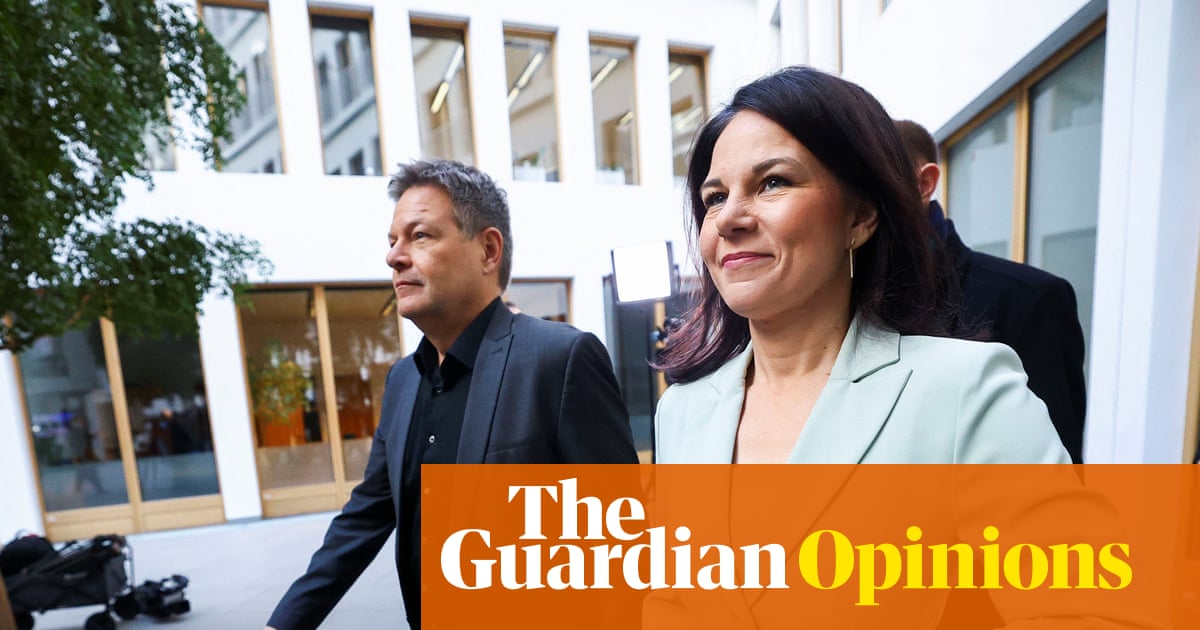
"In the spring of 2021 it was the most popular party in the country, with a predicted vote share of close to 30%. The world's press even began to ask whether the next chancellor would be Green."
"After the 2021 election, Baerbock became foreign minister in Olaf Scholz's SPD-Green-liberal traffic light coalition, and Habeck vice chancellor and minister for economic affairs and climate action."
"The party is now searching for a path back to the mainstream not a moment too soon given the rapid erosion of Germany's political centre."
"This setup has highlighted deep internal divisions. Since the Greens emerged out of the anti-nuclear, environmental and peace movements of the 1980s there has been a rift between the party's pragmatists, known as Realos, and its fundamentalists."
The German Green party, Die Grunen, has seen a dramatic decline from its peak popularity in 2021, facing a crisis that has left it with just above 10% support. Key figures like Annalena Baerbock and Robert Habeck faced significant departures after losing power in February's federal election. The party's new leadership aims for a reset, but internal rifts persist, highlighting divisions between pragmatists and fundamentalists. The Greens strive to regain relevance amidst the weakening political center in Germany.
Read at www.theguardian.com
Unable to calculate read time
Collection
[
|
...
]